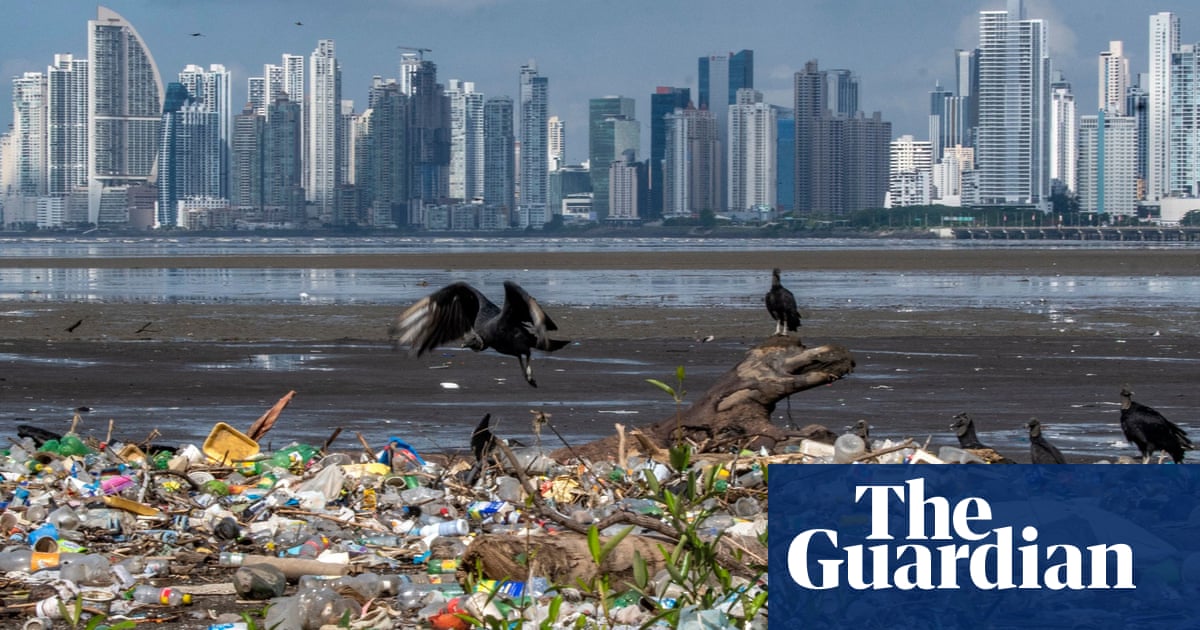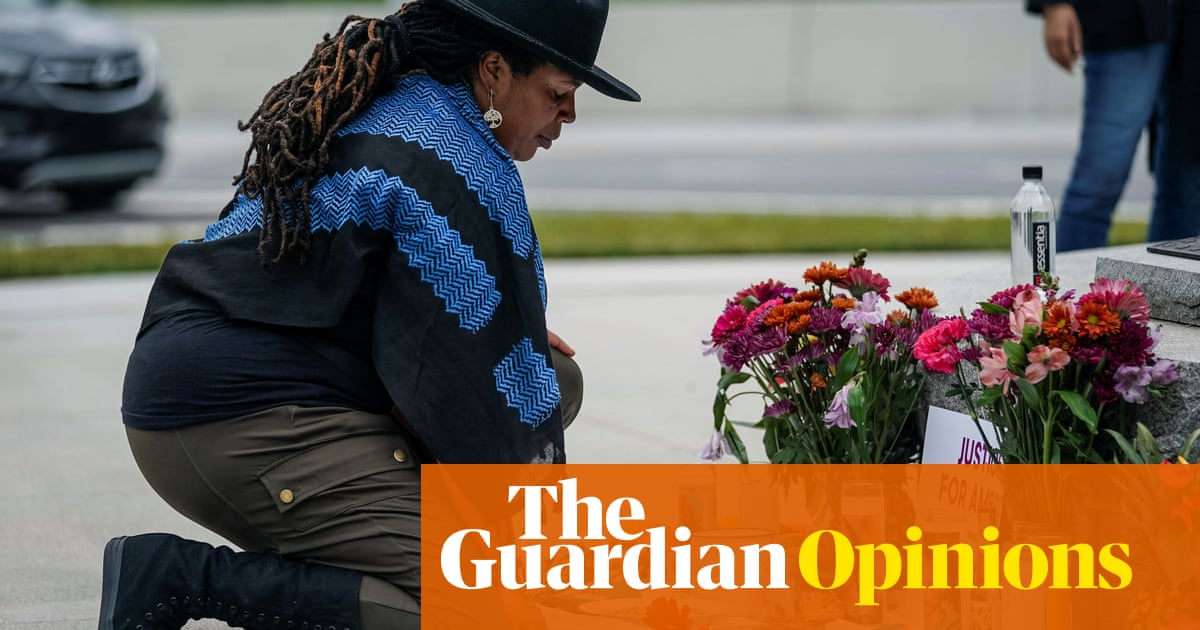I think I am in some sort of version of what people call a âtrad marriageâ but it has its twists and turns. I met my husband when I was 25. I dropped out of university, got involved with drugs and drinking too much, and my self-esteem was at rock bottom.
One night I ended up at a party with people I didnât know and someone slipped something in my drink and I lost all memory until the next morning when I woke up on the sofa in a strange manâs apartment. He had rescued me and taken me to his place. I didnât leave his flat for three months, except to be taken out to dinner and sent off to a gym to get back in shape.
We got married a few months later and are still very happily married 15 years later. In terms of looks, he is a 10. In terms of intelligence, a 10, in terms of being a nice guy, an 11.
He has a job that pays well and we have a really nice lifestyle. I havenât worked since I met him and I like that. He cooks, cleans and books our holidays. He even sends me off somewhere warm in January because I get depressed in the winter.
I get teased constantly by my friends for being a totally kept woman. I know, in some cases, the teasing is born out of envy but many women consider me a complete sellout to my gender. I love my friends but I avoid them now because I feel uncomfortable being who I am. Can you tell me how to get my friends to accept me for what I am?
Eleanor says: It might not be about adjudicating your lifestyle so much as not having much shared experience to talk about. No matter how dishy your husband is, the fact that youâre his wife is probably the least interesting thing about you to your friends. Theyâre interested in hanging out with you. Perhaps feeling more accepted in these friendships isnât a matter of changing their attitudes to your marriage but changing how much your marriage is what they see of you.
Thereâs only so far that personality and traits can carry adult friendships. Once people arenât having the same experiences or problems any more, âbasically getting onâ isnât always enough to sustain the relationship. Lifestyles change us, and they change what we think about.
Wealth gaps make that happen. Career gaps can make that happen. Gaps in life anxiety can make that happen â when only one of you feels burdened by responsibility for deciding whatâs coming next.
It sounds like the kept-ness of your marriage might mean many of those gaps appear at once. If you donât struggle with career dynamics, bosses, money or life-decision fatigue, youâre bound to have less in common with people who do. And when I say âin commonâ, I donât just mean the way fly fishers like to talk to other fly fishers. I mean there are whole ways of framing the world that you wonât share, like the way working can shift your relationship to nights and weekends, or the way developing a professional guise can change your understanding of yourself.
You asked how to get your friends to accept you for who you are. If Iâm right, getting them to accept the âtrad marriageâ aspect of you might actually be lowest on the list. What about if instead of trying to get them to embrace the part of you they relate to least, you spent more time emphasising the parts they do understand? What was it about you that drew you to these friendships in the first place? What were you like before the marriage (and before the unhappy phase in which you met)? One of the nicest things about old friends is the way they remind you that youâve always been you. How can you play up these parts of yourself, the parts that ground the friendship and made them want to know you?
Try, too, to manage your expectations. Youâve painted a picture of a comfortable, happy, work-free and financially provided-for life. By your account youâve been pretty lucky, and the only thing more irritating than the lottery of fortune is when people pretend they havenât won it. Taking their teasing on the chin might just be the price you pay for having fewer material problems than them. Sure, maybe youâd prefer they didnât tease you. Maybe it makes you feel sensitive. But which would you rather: keep your life, and be teased, or change your life? If the answer is keep it, that might just be the deal you have to make.
The readerâs letter has been edited for length.









